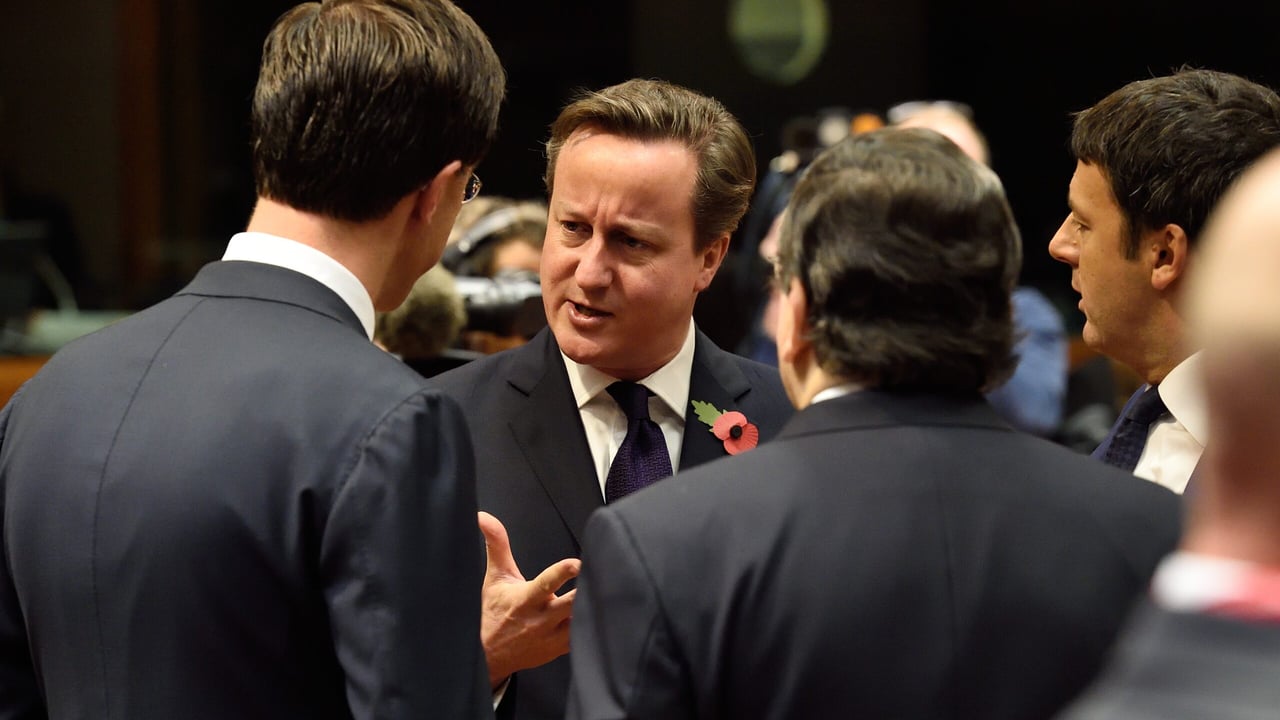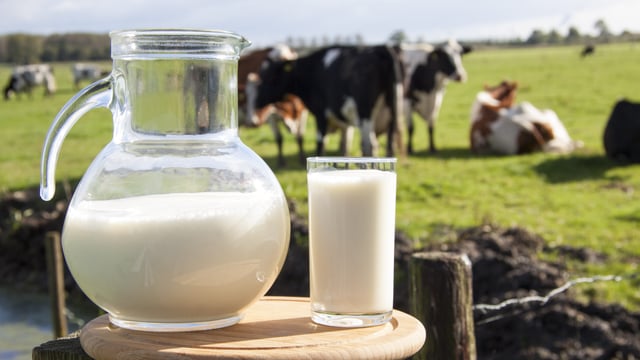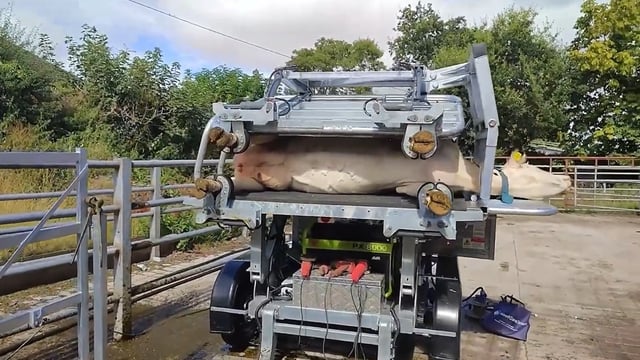95% of farmers would choose to stay in the EU if the UK leaves
As the newly-elected UK government promises in the Queen’s speech at the opening of the new UK parliament, to hold an ‘In Out’ referendum, a nationwide European Movement Ireland/Red C poll suggests that a majority of the Irish population believes that Ireland should remain as part of the EU, regardless of the UK’s position.
The feeling is particularly strong amongst farmers, 95% of whom would rather stay in the EU if the UK left, the pool found.
Generally more than three quarters (77%) of those polled held the view that Ireland should remain in the EU even if the UK leaves the Union.
According to the Red C poll commissioned by the independent, not-for profit organisation, European Movement Ireland (EM Ireland), 86% of respondents believe Ireland should remain part of the EU, with 84% of adults here believing that Ireland has, on balance, benefitted from membership of the EU.
These figures are higher than those in a similar poll carried out in 2013.
Furthermore, the poll also found that almost 7 in every 10 Irish adults support the Transatlantic Trade and Investment Partnership (TTIP).
EM Ireland/Red C Poll Results
Results from this poll which was carried out between May 11 and 13, 2015, show that:
- 86% of Irish people want Ireland to remain in the EU; this rises to 95% for farmers
- 84% of people believe Ireland has, on balance, benefitted from membership of the EU; this increases to 88% for those aged 65 years and over
- 77% want Ireland to remain in the EU, even if the UK leaves the Union
- Only 33% of Irish people agree that there should be an EU army; rising to 45% for farmers
- When asked if they support an EU-US trade deal, 76% of Irish adults agree, rising to 80% in Munster
- Asked specifically about a TTIP agreement, support drops, but only by 7 points to 69%; with support strongest among ‘ABC1’ adults and among men, both at 75%
A British exit from the EU would be ‘unambiguously’ bad from the perspective of both Irish producers and consumers, according to Professor Alan Matthews of Trinity College Dublin.
According to Matthews, who appeared recently before the Joint Oireachtas Committee on European Union Affairs on the issue, the trade links today in the agri-food sector between the UK and Ireland are more important than for any other EU country.
Ireland, he said imports 51% of its total agri-food imports from the UK, while the UK also takes 51% of its total agri-food exports.
These are also much higher proportions than for Irish manufacturing, he said and British exit from the EU (Brexit) could potentially lead to significant disruption of this trade.
Matthews told the committee members much would depend on the nature of the trade relationship put in place between the UK and the EU post-Brexit.




